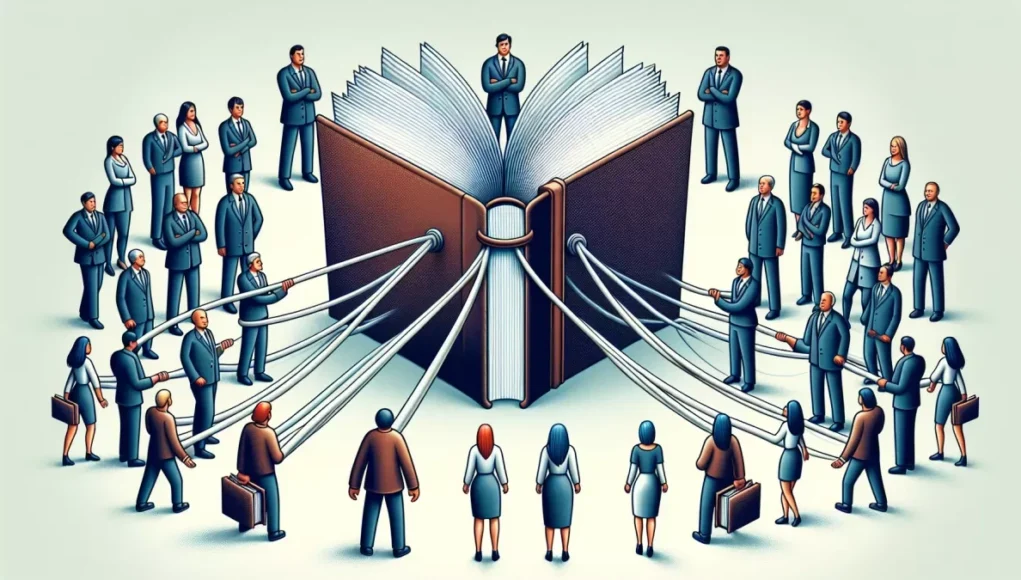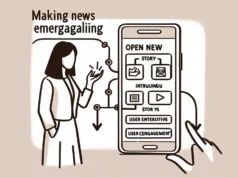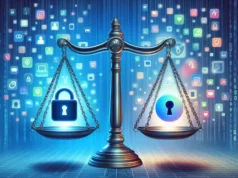The complex saga of net neutrality, a crucial aspect of modern digital policy-making that directly impacts the flow of information on the internet, continues even today after years of interplay between regulatory authorities, internet service providers, and net neutrality advocates. Net neutrality is the fundamental principle that all internet traffic should be treated equally, without discriminating or providing preference to certain types of content over others.
In 2015, the Federal Communications Commission (FCC) under the Obama administration classified broadband as a telecommunication service under Title II of the Communications Act, thereby providing a regulatory framework that mandated Internet Service Providers (ISPs) to adhere to strong net neutrality protections. But this landscape changed dramatically in 2017, when Ajit Pai, the FCC Chairman during the Trump administration, led a vote to repeal these protections leading to significant backlash from net neutrality advocates.
The dismantling of these regulations, as per Pai and his supporters, was aimed at encouraging competition and innovation in the broadband market. They argued that heavy federal regulations were thwarting ISPs from upgrading their networks and introducing new services. However, critics worried that this move would give ISPs unchecked power to manipulate the speed and accessibility of certain online content, giving rise to a pay-to-play environment that could stifle consumer choice and limit opportunities for small businesses and startups.
The consequences of this regulatory shift have been complex and multifaceted. On one hand, there are claims of tangible benefits; numerous internet service providers have undertaken network upgrades and expanded broadband access to rural areas underserved by current infrastructure. Chairman Pai, in his 2020 statement, claimed that the ‘Restoring Internet Freedom Order’ spurred a $80 billion investment in network infrastructure between 2018 and 2019.
On the other side, concerns about ISPs using these newfound powers to throttle or block data are widespread. While there are no widespread instances of such behavior, critics argue that the lack of regulatory safeguards make the internet ecosystem vulnerable. Small businesses, in particular, fear that without net neutrality, they may have to pay additional charges for their services to reach customers, an overhead that many may not be able to sustain in the long run.
Another critical aspect of this debate revolves around the potential impact on the free flow of information online. In a world without net neutrality, ISPs could hypothetically take on the role of gatekeepers of information, selectively blocking or slowing down access to certain sites or content. This poses significant issues about the unrestricted access to information, a cornerstone principle of the internet.
The Biden administration has made it clear that it supports the restoration of net neutrality, with the President appointing noted net neutrality advocate Jessica Rosenworcel as the interim FCC Chairwoman. While some are hopeful that this might lead to a reinstatement of the 2015 regulations, the reality might prove more complicated. In the current 2-2 deadlock situation in the FCC, a final decision on the issue might take time.
The ongoing battle for net neutrality isn’t merely a policy discussion; it’s a discourse about the very nature of the internet and its role in society. It raises questions about who should control access to online content—the ISPs who provide the infrastructure, or the end-users who consume the content. At its heart, this debate involves the balance between market dynamics and consumer rights, the role of regulatory bodies, and the safeguarding of the open and free nature of the internet.
SOURCES:
1. Federal Communications Commission, Restoring Internet Freedom Order, 2017.
2. Federal Communications Commission, FCC Chairman Ajit Pai Statement on Internet Regulation, 2020.
3. The Hill, Biden Supports Restoration of Net Neutrality Rules, White House Official Says, 2021.
4. Wired, Net neutrality, Explained, 2021.






